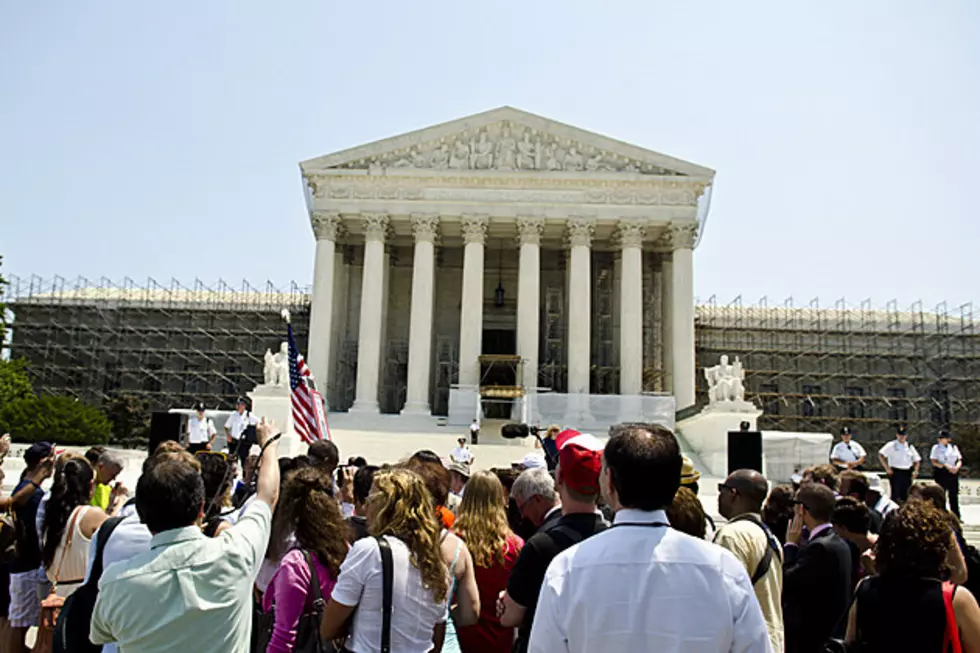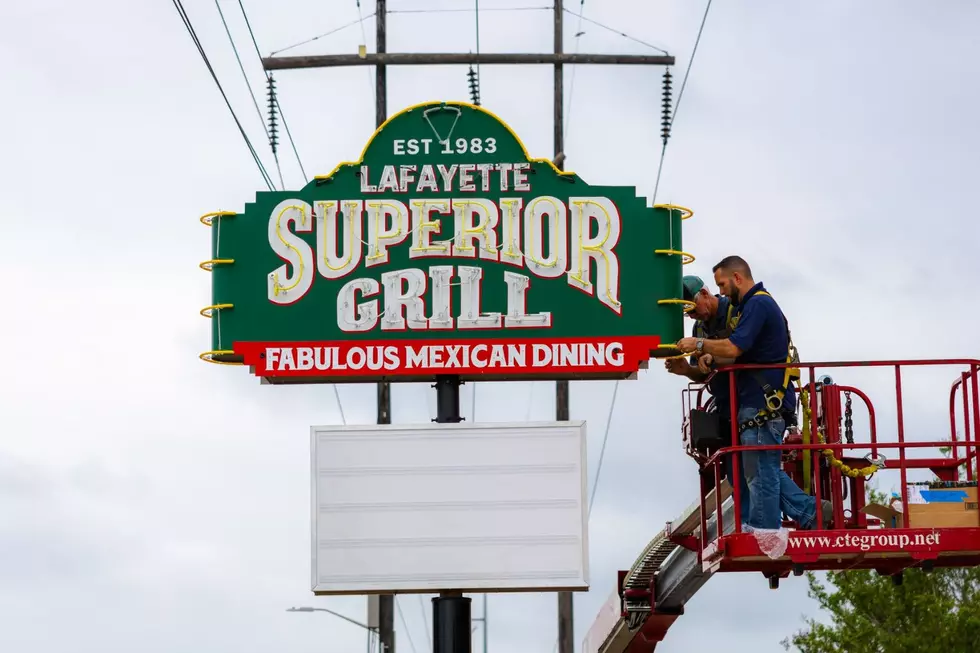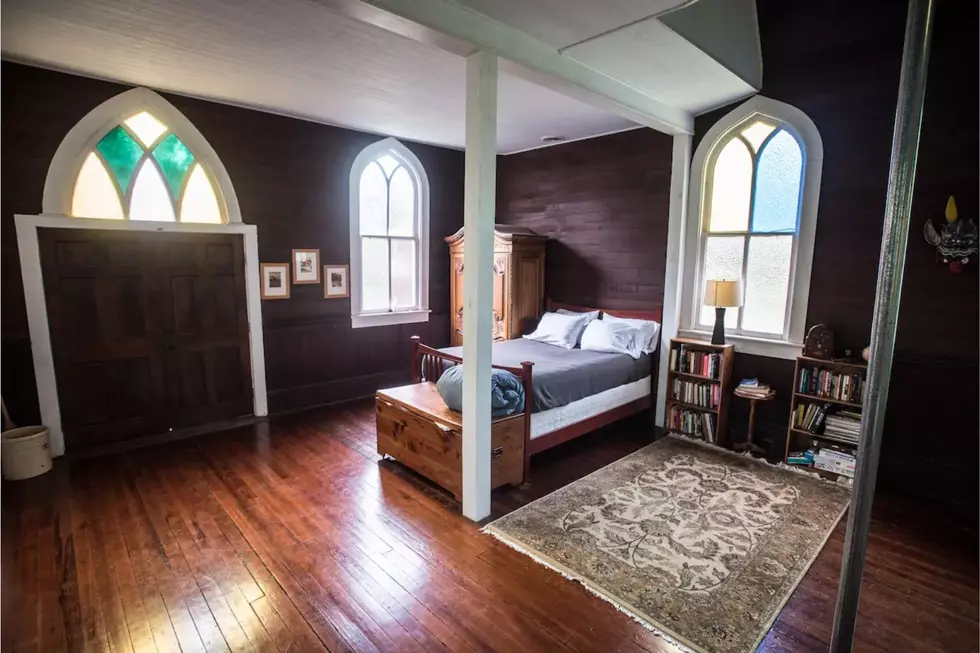
US Supreme Court May Look Into Non-Unanimous LA Verdicts
WASHINGTON (AP) — The Supreme Court will consider overturning a criminal conviction by a 10-2 jury vote in Louisiana.
The justice acted Monday, four months after Louisiana voters amended the state constitution to prohibit non-unanimous verdicts in criminal cases.
Oregon is the only state that still allows them.
The high court will consider the case of Evangelisto Ramos, who was convicted in 2016 of second-degree murder in the killing of a woman in New Orleans. Ramos is serving a life sentence with no chance of parole.
The change in the state constitution took effect in January, but is of no help to Ramos without court action.
The last time the Supreme Court took up the issue was in 1972, when it ruled that nothing in the Constitution bars states from allowing some convictions by non-unanimous verdicts. But even in Oregon and Louisiana, first-degree murder, which could bring the death penalty, has required a unanimous verdict.
The court has held that the Sixth Amendment requires unanimous verdicts in federal criminal cases.
The 1972 case turned on the vote of Justice Lewis Powell. The court said states were not compelled to follow suit and require unanimous juries in all criminal cases.
At the same time, the Supreme Court has determined that most rights guaranteed by the first 10 amendments to the Constitution apply to states as well as the federal government.
Also Monday, the Supreme Court agreed to decide whether states can eliminate the so-called insanity defense for criminal defendants without violating the Constitution.
The appeal comes from a Kansas man who has been sentenced to death for killing his estranged wife, their two daughters and the wife's grandmother.
The cases will be argued in the fall.
More From News Talk 96.5 KPEL









